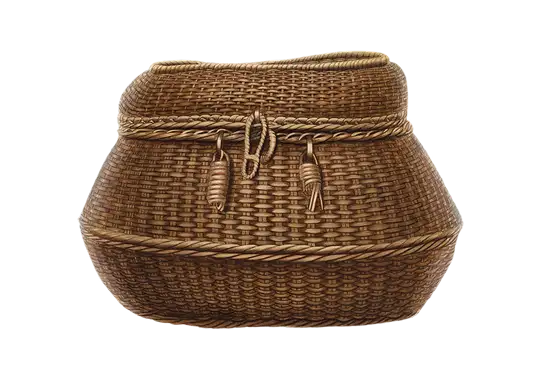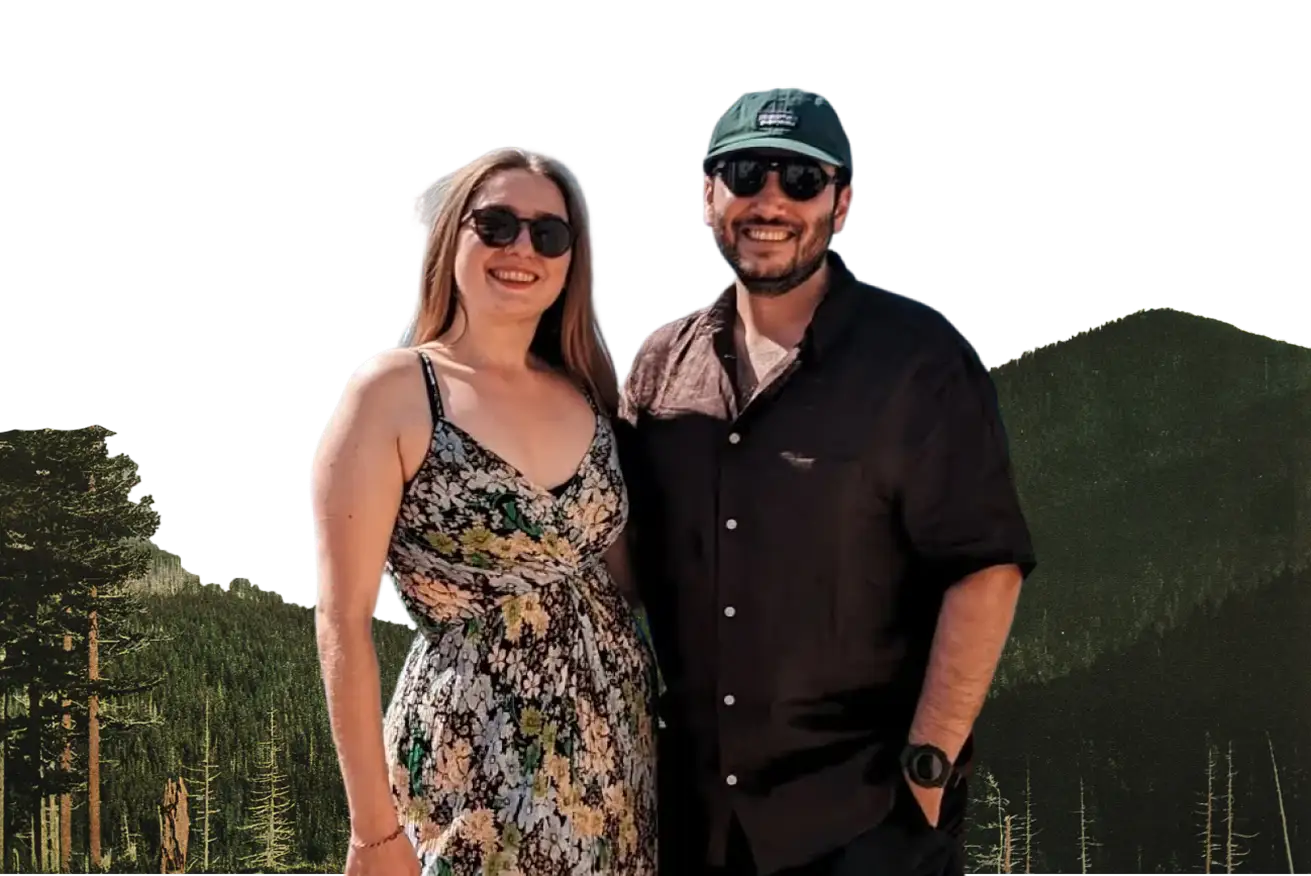There is a wisdom that grows in the damp, rich earth of Turkey's Black Sea mountains. It is a quiet, green wisdom, held in the leaves of a linden tree, the roots of a wild herb, and the vibrant red of a rosehip. For centuries, the people of the Karadeniz have known that the mountains that tower over them are not just a dramatic landscape; they are a living pharmacy, a library of remedies offered freely by nature itself.
We came to this region expecting to be in awe of its grand vistas. We did not expect to be so humbled by the intricate, detailed knowledge held in its smallest plants. To learn about this "mountain pharmacy" is to begin to understand a different kind of science, one passed down not in textbooks, but in the stories of grandmothers and the shared rituals of a community.
A library of leaves and flowers
The Pontic Alps, with their high rainfall and multitude of microclimates, are a paradise of biodiversity. From the dense forests to the high alpine meadows, or yaylas, this is one of Europe's most important botanical treasures. But for the people who have lived here for generations, this is not an abstract scientific fact. It is their backyard.
Over centuries of careful observation, of trial and error, they learned the language of the landscape. They learned which plants could soothe a fever, which could aid digestion, which could heal a wound. This is a knowledge that is intimate and deeply placed. It is the science of ethnobotany, but it is also the poetry of a people living in profound conversation with their environment.
The keepers of the knowledge
This wisdom has traditionally been a quiet, domestic art, often passed from mothers and grandmothers to their daughters. It lives in the kitchen, in the preparation of herbal teas (bitki çayları), in the making of poultices and ointments. It is a knowledge woven into the fabric of daily life.
To step into a traditional herbalist shop, an aktar, in a Karadeniz town is to feel the presence of this long lineage. The air is thick with the scent of a hundred dried herbs and spices. It is an old-world apothecary, a tangible link to a time when healing was intimately tied to the local land.
The echo of green wisdom
Like so many traditional practices, this deep knowledge faces the pressures of the modern world. But to dismiss it as mere folklore is to miss its profound value.
This "mountain pharmacy" speaks to a holistic view of health, one that sees a deep connection between the body and the natural world. It is a testament to the invaluable cultural resource of Traditional Ecological Knowledge (TEK), which holds insights that modern science is often only now beginning to appreciate.
To explore this aspect of Karadeniz culture is to be reminded that wisdom comes in many forms. It is not always found in laboratories or universities. Sometimes, it is found on a misty mountainside, in the hands of a woman gathering herbs, in a simple cup of healing tea. It is a quiet, green wisdom that whispers of our deep and enduring connection to the earth.
.svg)




